The International Uniportal VATS training Programme in Shanghai, China was one of the most eye-opening experiences of my life that made me realize that there is much more out there in the field of thoracic surgery. This intensive 15-day training was conducted at the Shanghai Pulmonary Hospital, which is considered to be the most advanced and the largest center for thoracic surgery worldwide. The number of their operations is phenomenal with about 150-170 operations being conducted per day, including VATS (Video-Assisted Thoracoscopic Surgery) as well as the advanced Robotic Surgery.
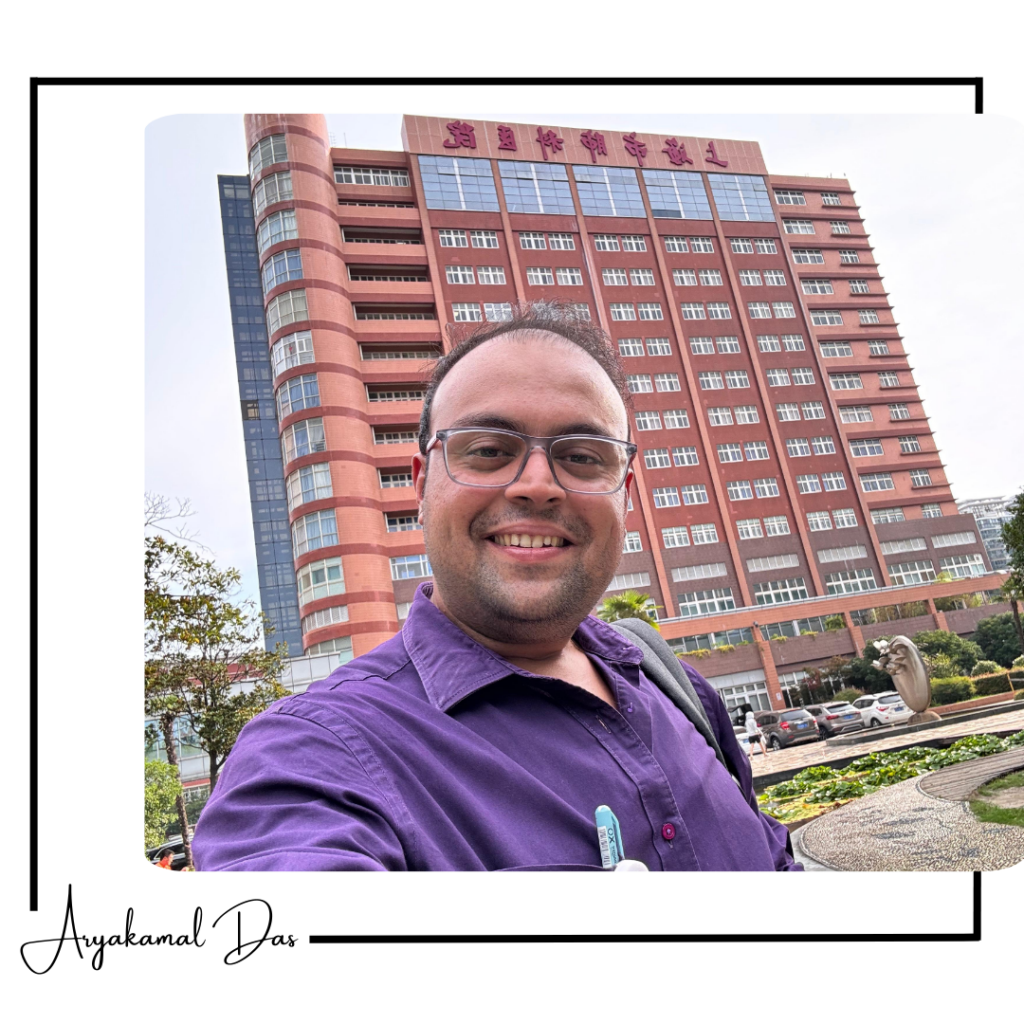
In this program, we worked with a wide range of procedures and every procedure was a challenge and learning experience to me. These were Segmentectomy, an accurate technique of resecting a segment of a lobe in the lung; Wedge Resection that involves the excision of a small wedge of the lung tissue; Lobectomy that involves the complete removal of one lobe of the lung; and Decortication, a complicated procedure which involves stripping of thick, fibrous tissue off the lung surface. Most impressive was the combination of high technology with delicate skills in the operations. It was inspiring to see how the surgeons have fine-tuned their use of instruments and the steps to be followed, which proved that efficiency and accuracy are not mutually exclusive even in life-or-death situations.
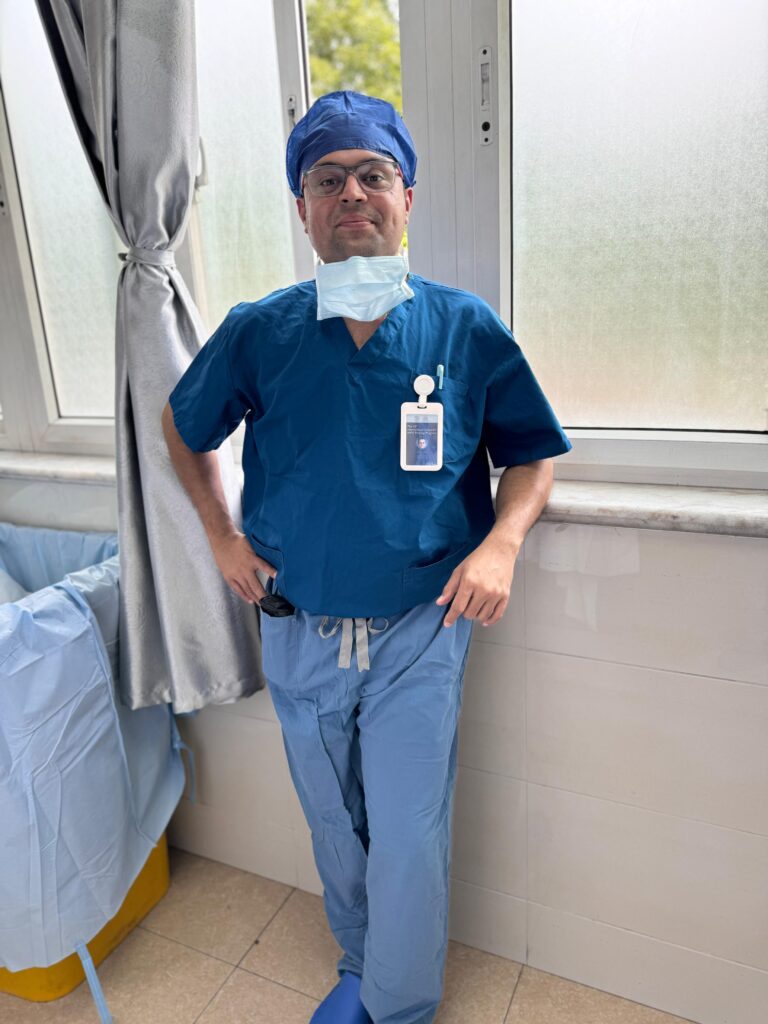
This educational festival did not stop at the door of the operating room. It offered a special opportunity for the exchange of ideas and interaction among the surgeons from different countries, namely eight countries. Some of my colleagues were from Hungary, Germany, Philippines, Indonesia, Russia, Turkey, Mexico and Peru.
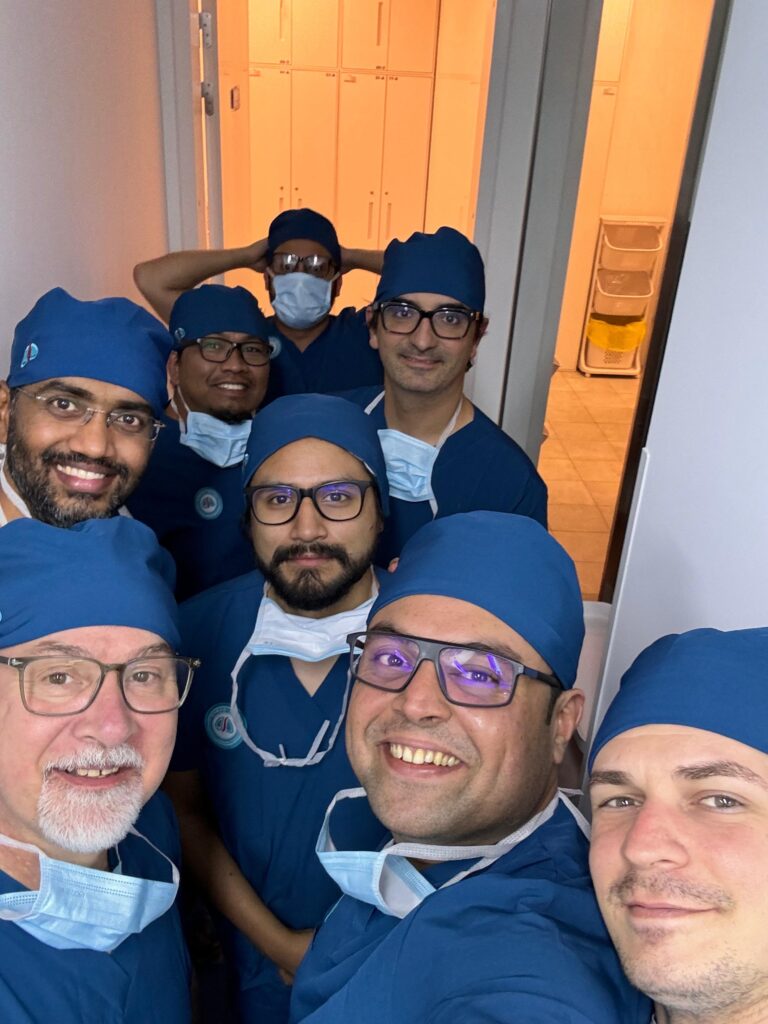
The multicultural environment helped to have engaging discussions and arguments not only during the morning lectures but also at other times. These interactions helped me to expand my horizons regarding surgical processes in different countries and cultural attitudes toward medicine.
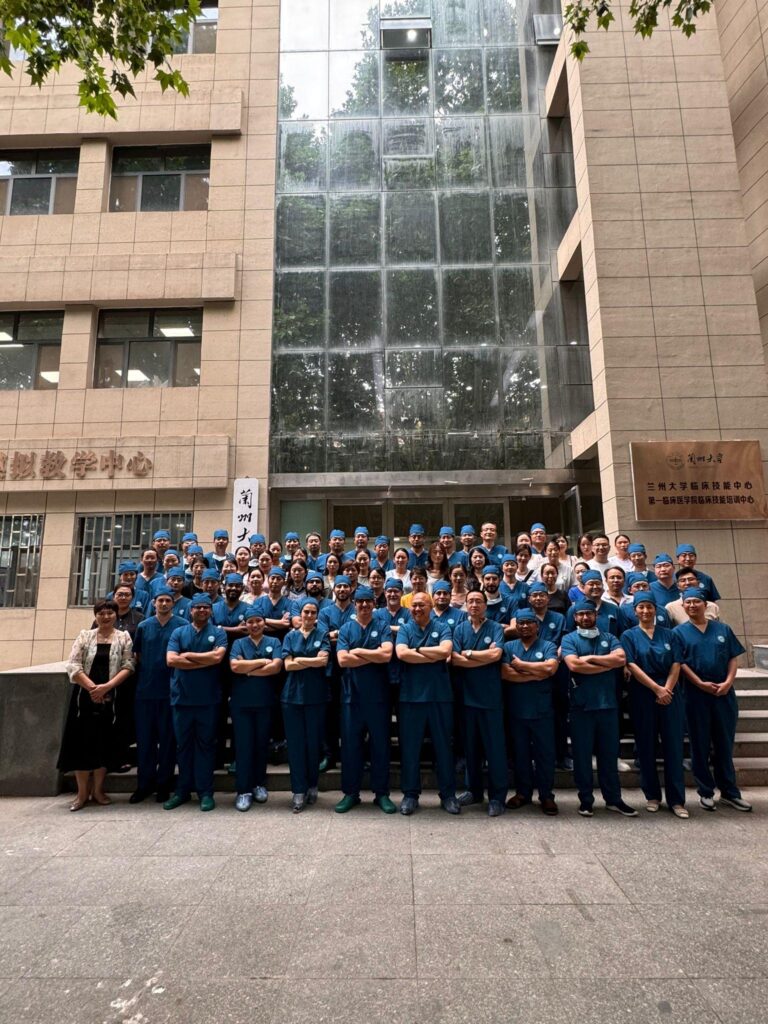
However, the experience of learning and discovery did not stop in Shanghai. Next, we went to Lanzhou, which is another city with its own medical history in China. There, we were lucky enough to meet Dr. Mao, a talented thoracic surgeon at Lanzhou University. This part of the program provided a somewhat different but just as useful experience as the previous one based on practical work with animal models. This approach helped to focus on the skills’ improvement in a safe environment, thus making the transition between the concepts and actual practice smoother.
At the core of this exceptional experience was Dr. Diego Gonzales Rivas, who I jokingly referred to as ‘Speedy Gonzales’ because he was incredibly efficient and talented. Dr. Rivas is indeed a distinguished figure that is serving as the first Uniportal Thoracic Surgeon globally. His technique in performing thoracic surgery is quite unique and has shifted the traditional trend of multiple incisions to a single incision. Training under him was not only privilege but was perhaps one of few chances to learn from the best surgeon of the world. It seems that he has devoted his life to progress in surgery and to pass on this knowledge to others.
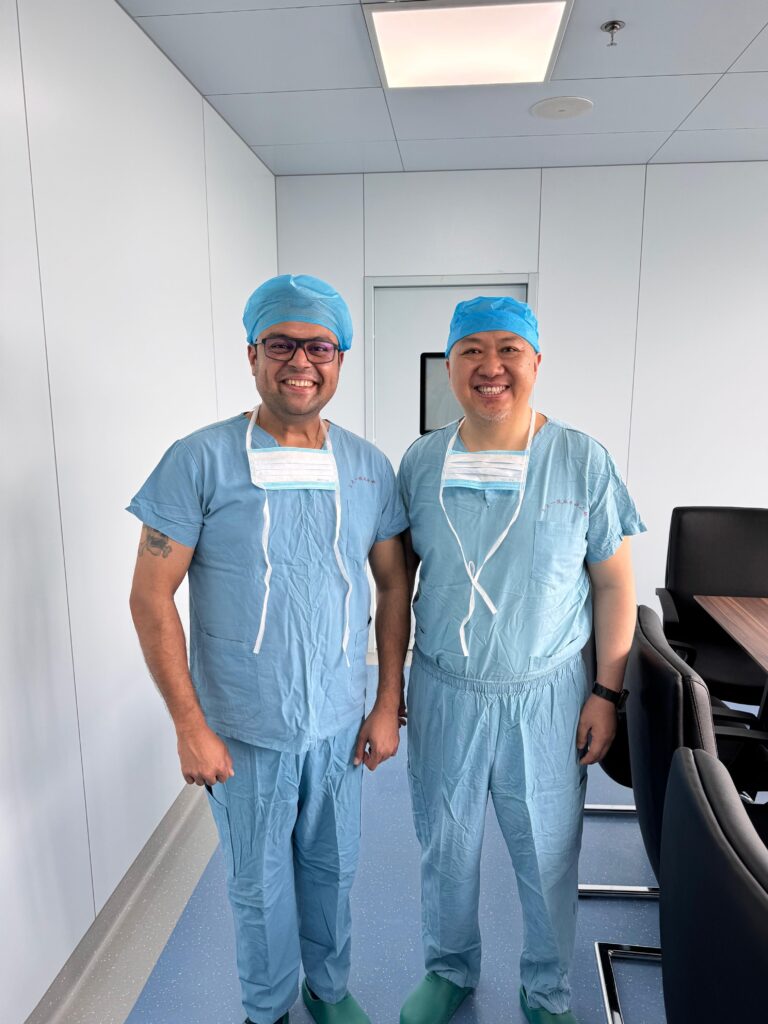
I feel privileged to be a part of both Shanghai Pulmonary Hospital and Lanzhou University because the experiences have become part of my DNA. The new methods, fresh ways of thinking, and international view that I have gained have revolutionized the way I perform thoracic surgery. All of this knowledge and experience is not simply a personal benefit, but I’m ready to utilize it, and use it in as many different ways as possible.
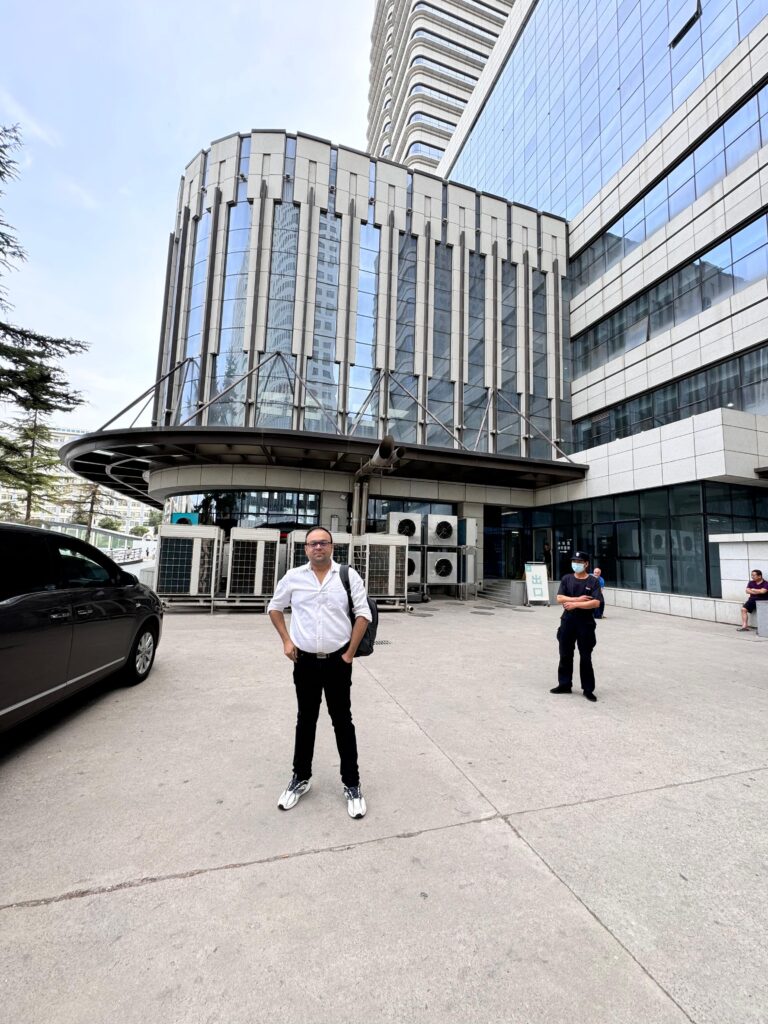
In the future, I will ensure that I use the experiences I have gained in this clinical practice in improving patients care in my practice. The knowledge of the latest approaches and tools in thoracic surgery can enhance the effectiveness of surgeries, minimize the time needed for recovery, and enhance patients’ quality of life after the procedures. Also, I consider it my duty to share this knowledge with other professionals in my field. Through the dissemination of knowledge about these advanced technologies and methodologies used in Cardio-Thoracic & Vascular Surgeries to junior surgeons, medical staff, and colleagues, I would like to contribute to the general improvement of this area.
Apart from sharpening my surgical skills this training program has also expanded my knowledge in the practices of health care throughout the world. It has emphasized on the need to learn, to collaborate with other countries and to strive for the best practice in the performance of medical field. Looking back at this experience, I am grateful for the opportunity and enthusiastic about the future of thoracic surgery. The relationships formed, competencies developed, and knowledge obtained will undoubtedly impact my professional journey and, more significantly, help the patients I treat in the future.